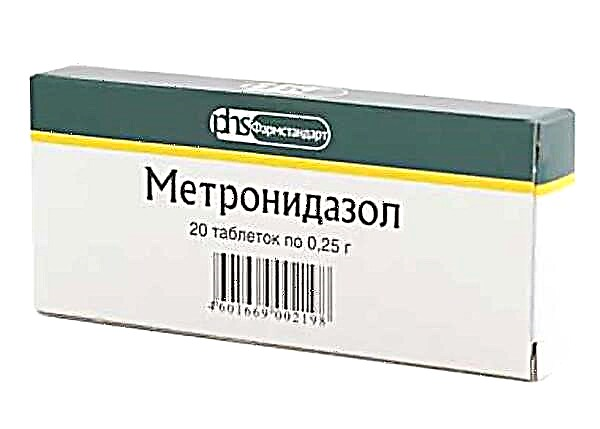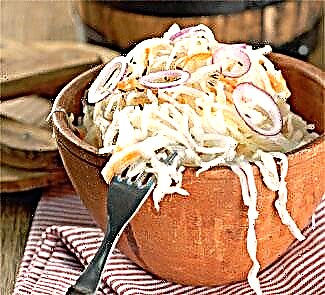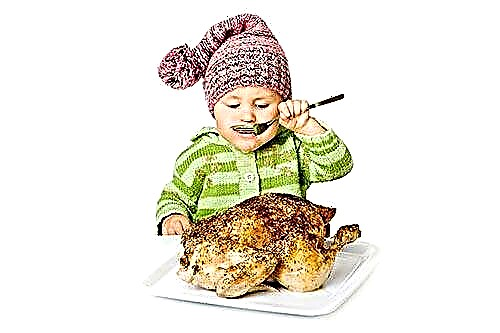You can fully assess the health of the baby with the help of tests. So it is possible to check the salts in the urine of a child and, based on the result of the analysis, make a conclusion whether the baby is healthy.

Urine analysis
What are urine salts
The natural functions of an organ such as the kidneys are blood purification, the production of urine for the removal of waste products. Urine is a mixture of nitrogen, uric acid, carbon, fluids, and salt. The acid-base balance depends on the latter. When it deviates from the norm, crystals begin to form in the urine.
These crystals are mostly excreted from the body. Over time, they begin to settle on the walls of the urinary tract, kidneys. The more time passes, the denser such a plaque. Urolithiasis begins. This disease remains for life, periodically worsening and causing discomfort. That is why it is so important to monitor the concentration of salts.
Types of salts in the body
When analyzed in urine sediment, the following types of salts are usually found:
- Oxalates;
- Urata;
- Phosphates.
An increase in their level indicates the presence of some pathologies.
Reasons for the accumulation of salts in infants
Each type of salt rises for a reason. This gives the doctor the opportunity to assume this or that diagnosis.
Oxalates
Elevated oxalate levels in infants are rare. Their concentration can be increased in active babies, as well as when they absorb a large amount of vitamin C, both in food (these are not only citrus fruits, but also sorrel, chocolate, sour apples or sauerkraut), and medically (as part of preparations or Dietary supplements).
Also, an increased level of oxalate salts in a child's urine test can indicate a number of health problems. In particular, this is a symptom of pyelonephritis, colitis, intestinal inflammation, ethyl glycol poisoning, deficiency of vitamins B, A, E, metabolic disorders of oxalic acid. Its intestine absorbs vigorously, and the decay product (salt) enters the urine.

Calcium oxalate crystals under a microscope
Sodium oxalate grains are white, rather hard to the touch. They damage the walls of the urinary tract more than others, which can hurt the baby. A urinalysis shows the presence of red blood cells - blood cells. In addition, these crystals harm the baby's kidneys.
Urata
They may be a sign that a child is consuming too many purine bases in their diet. They are found in large quantities in beans, meat (and broth), sprats, and also chocolate. Also, the reason for the appearance of these salts in the urine of a child may be heavy physical activity.
In addition, this indicator is observed in febrile conditions, leukemia, diathesis. Also, urates "creep" upwards in case of dehydration of the body (for example, with vomiting and diarrhea in case of poisoning, excessive sweating due to the heat in summer, etc.).
The "color" of this pathology is brick red. It is this kind of sediment in urine that appears with an increased urate content. This problem is often accompanied by vomiting and abdominal pain. Patients most often have problems with the nervous system: overly emotional, hyperactive, irritable.
Phosphates
With a decrease in the acidity of urine, phosphates may appear in it. And even a healthy child, if he ate fish, buckwheat porridge, drank milk.
Phosphates also increase in diseases such as cystitis, fever, Fanconi syndrome, and other infections. Moreover, this type of pathology can be both acquired and hereditary (interestingly, it is more often transmitted through the maternal line). Symptoms are very similar to rickets, but urinalysis will indicate this condition.

Calcium phosphate in urine under a microscope
Important! As a rule, it is recommended to retake an analysis with an increased level of salts in children's urine to be sure of its data. Before this, you should definitely follow a diet, avoid too many foods that can affect the chemical composition of urine, and also not burden the child too much.
Dependence on the type of feeding
In healthy newborns on HB and IV, salt in the urine may also increase:
- When breastfeeding, what the mother ate plays an important role (for example, if the parent's diet contains foods with a high salt content).
- With artificial feeding in a newborn, the composition of the mixture plays an important role. Perhaps because of her, the analysis shows an increased salt balance.
In any case, no matter how the newborn eats, an analysis showing a deviation from the norm can speak of a disease too. Therefore, one should not neglect the consultation of a pediatrician.
Possible Symptoms
The first thing that should alert parents is that their child's urine becomes cloudy. On the one hand, this speaks of good kidney function: plaque will not appear in them, it is completely removed from the body. On the other hand, salts are deposited in the child's bladder.

Left - example of cloudy urine, right - normal
Moreover, if such a symptom occurs only once, this is not yet a cause for concern. A one-time increase in salt levels can also occur in a healthy newborn. If you experience a similar problem, you often need to see a doctor.
The child may be in pain both during and after urination. Moreover, in what place and why the stomach hurts, it is very difficult to immediately determine. In some cases, the temperature rises, the child becomes more capricious.
Diagnostic methods
The only way to know for sure if everything is okay with a child is to have a urine test. For this, its morning portion is usually collected after washing into a special sterile jar.
Note! If a baby needs to be tested, it is very difficult to get him to pee in a prepared container. With boys it is easier to do it, with girls it is much more difficult.
To facilitate the collection of material, you need to buy a urine bag for children. This is a slotted bag with a secure adhesive backing. It is glued to the baby's genitals so that the urine gets inside it. They put on diapers or panties on top, after a while they check the package. The urine collection bag is sterile inside, that is, directly from it, by cutting the edge, the liquid is poured into a jar for analysis.

Children's urine bag
On the recommendation of a doctor, after a laboratory study of a biological material, other diagnostic methods may be prescribed, for example, ultrasound of the kidneys and bladder.
Normal indicators of salts in urine
The concentration of salts in the analysis is marked with pluses: one + is the norm, two - too, three or four - is already disorder. If a baby has 3-4 pluses in the results once, it's not scary. It is to check the dynamics that an analysis is prescribed a second time, a third.
What the increased indicators say
Confirmed nephropathy (the so-called increased concentration of salts in the urine) can be:
- A variant of the norm. If the indicators were increased once, this is not scary, says pediatrician Komarovsky. The baby could eat something wrong, or, if he is still on his chest, his mother probably ate something salty, or the baby moved too much.
- A sign of pathology. If the baby is ill, painful, he cries and is difficult to calm down, and a crystalline sediment appears in the urine regularly, it means that something is going wrong. What kind of disease it says, the doctor will say, he will prescribe treatment.

Baby crying in mom's arms
Potential consequences and prevention
Changes in the acidity of urine can lead to urolithiasis. This pathology is quite unpleasant, is associated with frequent pain and constant dietary restrictions. Therefore, it is important to prevent its development.
So that the disease definitely does not have a chance, it is important to monitor your health, preventing nephropathy. First of all, this is an adjustment in the nutrition of a child or a nursing mother:
- Meals should be varied. It should include meat (no more than 100 grams for a baby per day), fish, vegetables, and cereals - all components of a healthy diet. If we are talking specifically about the liver, it can be done no more than twice a week for 50 grams. (for about a year old).
- You need to drink plenty of water. This is especially true for artificial children, in mixtures. Moreover, not only clean water is allowed, but also fruit compotes. It is better not to give soda, even sweet, though not, to even older children (except as an exception and dosed).
- If the baby is on IV, the pediatrician should decide what to do with it. Perhaps the baby does not fit the mixture that he eats. Then the doctor will recommend switching to another.
Nephropathy is not yet a tragedy. Parents' attention to this problem will help to avoid unpleasant complications. It is better to try to eat right and not allow it to appear.



